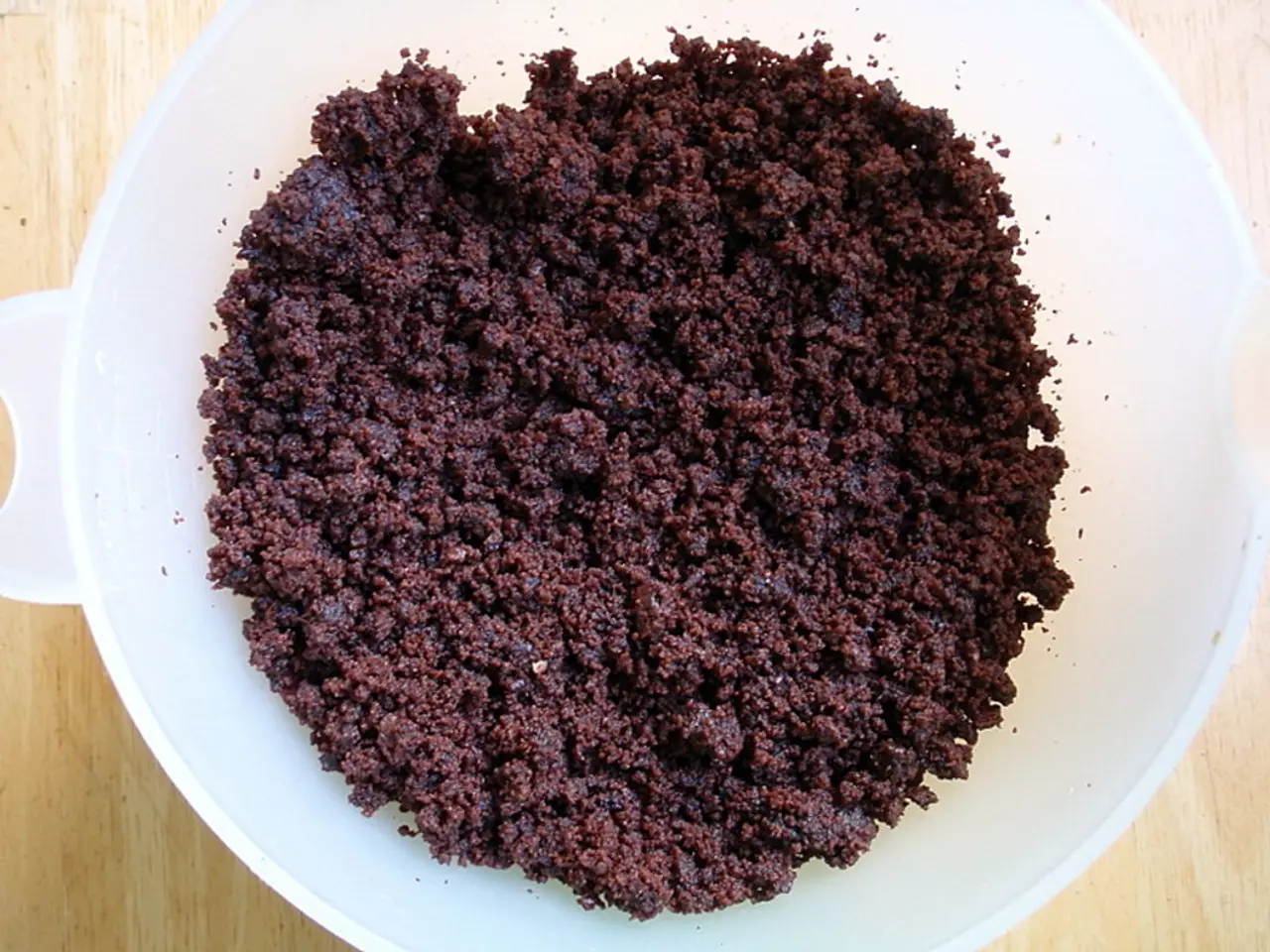Crohn's Disease and Bowel Obstruction: Reasons and Remedies
**Managing Constipation in Crohn's Disease: A Comprehensive Guide**
Constipation, a common issue affecting many individuals with Crohn's disease, can be caused by various factors related to the disease itself and its complications. This article offers an overview of the common causes and treatment options for constipation in Crohn's disease patients.
**Causes of Constipation in Crohn's Disease**
The primary causes of constipation in Crohn's disease patients are intestinal inflammation, strictures, medication side effects, and dietary factors. Intestinal inflammation can lead to thickening of the intestinal wall and formation of strictures (narrowings), which obstruct bowel passage. Crohn’s can affect any part of the digestive tract, and when inflammation or complications occur in the colon or terminal ileum, changes in bowel habits including constipation may occur.
Chronic inflammation can also lead to scar tissue formation and fistulas, which might impact bowel function and contribute to constipation. Some medications used to treat Crohn's, such as certain painkillers or immunosuppressants, can slow bowel motility and cause constipation. Reduced fluid and fiber intake, common in Crohn's patients trying to manage symptoms, may worsen constipation.
**Treatment Options for Constipation in Crohn's Disease**
Managing constipation in Crohn's disease involves addressing both underlying inflammation and bowel symptoms. Treatment options include medications to control inflammation, diet and lifestyle modifications, symptomatic treatment of constipation, surgical intervention, and regular monitoring.
Medications to control inflammation include anti-inflammatory drugs (e.g., corticosteroids, mesalazine) and immunosuppressants (e.g., azathioprine), which are used to reduce intestinal inflammation, thereby relieving stricture-related constipation. Increasing dietary fiber and fluid intake can improve stool frequency and consistency, although fiber should be adjusted carefully to avoid exacerbating symptoms. Exercise may help promote bowel motility.
Use of laxatives or stool softeners can be considered under medical supervision to relieve constipation when lifestyle changes are insufficient. Avoiding constipating foods and managing stress contribute to symptom control. In cases of severe strictures causing bowel obstruction and refractory constipation, surgical resection of the affected bowel segment may be necessary.
Close medical follow-up is essential for optimal management of constipation in Crohn's disease patients. Because Crohn’s disease symptoms vary, ongoing evaluation is critical to adjust treatments and prevent complications like obstruction and severe constipation.
**Conclusion**
Constipation in Crohn's disease arises mainly from intestinal inflammation, strictures, medication effects, and dietary factors. Treatment focuses on controlling inflammation with medications, improving diet and fluid intake, symptomatic relief with laxatives if needed, and surgery for severe bowel narrowing. Close medical follow-up is essential for optimal management. If you are experiencing symptoms of constipation or any other health concerns related to Crohn's disease, it is crucial to speak with your healthcare provider.
- Seekers of treatments for constipation in Crohn's disease may find this comprehensive guide useful.
- Treatment seekers need to understand the various causes of constipation in Crohn's disease, such as intestinal inflammation and strictures.
- The health of persons with Crohn's disease is affected by chronic conditions like constipation, which need to be addressed for overall wellness.
- The primary causative factors for constipation in Crohn's disease patients are inflammation, strictures, medication side effects, and dietary factors.
- Constipation in Crohn's patients can be caused by inflammation-induced thickening of the intestinal wall and formation of strictures (narrowings).
- Crohn's disease affecting the colon or terminal ileum could result in changes in bowel habits, including constipation.
- Chronic inflammation in Crohn's disease can lead to scar tissue formation and fistulas, which might impact bowel function and contribute to constipation.
- Certain medications used to treat Crohn's disease, like painkillers and immunosuppressants, may slow bowel motility and cause constipation.
- Reduced fluid and fiber intake among Crohn's patients may exacerbate constipation, leading to a vicious cycle of symptoms.
- Managing constipation in Crohn's disease involves addressing both underlying inflammation and bowel symptoms through medications, dietary modifications, symptomatic treatment, surgery, and regular medical follow-up.
- Medications like anti-inflammatory drugs and immunosuppressants are used to reduce intestinal inflammation and relieve stricture-related constipation.
- Increasing fiber and fluid intake can improve stool frequency and consistency in people with Crohn's disease and constipation.
- Health-and-wellness practices such as fitness-and-exercise, skin-care, and nutrition play a role in managing chronic diseases like Crohn's and its associated symptoms, including constipation.
- CDH (Crohn’s Disease Hospital) can guide treatment-seekers on managing chronic medical conditions like Crohn's disease and its symptoms, such as chronic-kidney-disease, respiratory-conditions, and chronic-diseases, including chronic-kidney-disease, diabetes, and American-football-related injuries like football injuries in NFL and NCAA players. CDB oil, therapies-and-treatments, and sports-analysis can also assist in improved wellness for fitness enthusiasts.







